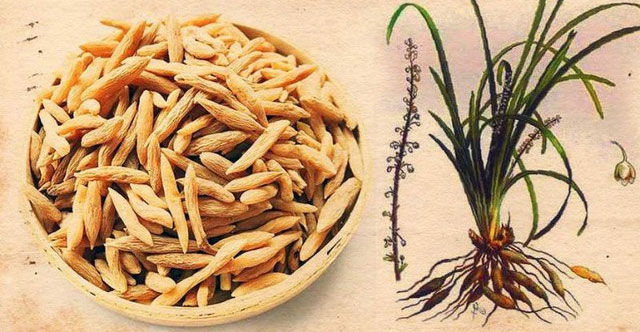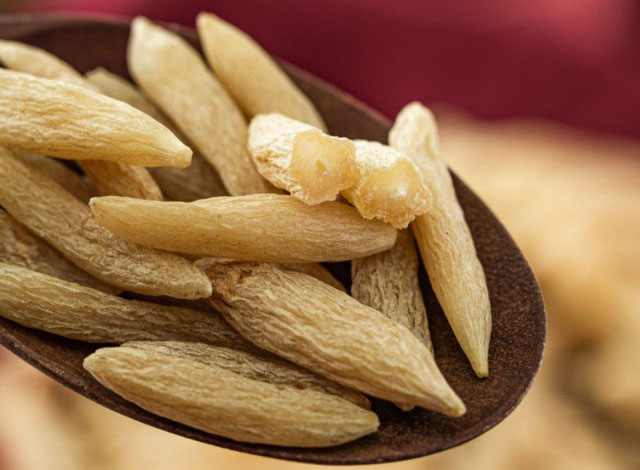
What is Ophiopogon Japonicus?
Ophiopogon japonicus, also known as Ophiopogon or Mondo grass, is a perennial herb native to Southeast Asia. In Vietnam, it is commonly cultivated for its medicinal rootstock, which has been traditionally used to treat various ailments.
Medicinal Properties and Health Benefits
1. Anti-Cancer Potential
Studies have shown that Ophiopogon extracts, such as ruscogenin-1-O-β-d-fucopyranoside (DT-13), ophiopogonin B, and ophiopogonin D, exhibit potential anti-cancer effects. They have been found to inhibit cell cycle arrest, induce apoptosis, and suppress metastasis and angiogenesis in cancer cells.
2. Anti-Diabetic Effects
Ophiopogon has been found to have anti-diabetic properties. It can help improve pancreatic function, reduce insulin resistance, and lower blood glucose levels. Additionally, it has been shown to reduce triglycerides and bad cholesterol, thereby preventing cardiovascular complications associated with diabetes.
3. Kidney Protective Effects
Ophiopogon has been shown to benefit kidney health. It can reduce renal fibrosis in individuals with diabetes, potentially preventing kidney complications. The active pharmacological component of Ophiopogon, Ophiopogonin D, has been found to improve kidney function by increasing serum albumin and creatinine clearance, while reducing serum creatinine, blood urea nitrogen, TGF-β1, and renal hypertrophy.
Caution and Usage
While Ophiopogon is a valuable medicinal herb, it is crucial to consult with a qualified healthcare professional before using it. Proper dosage and administration are essential to ensure safety and effectiveness.
Summary
Ophiopogon japonicus, known as the "longevity root," offers a range of health benefits, including anti-cancer, anti-diabetic, and kidney protective effects. Its medicinal properties stem from its antioxidant and anti-inflammatory compounds, which have been demonstrated in preclinical studies. As with any herbal remedy, responsible use under medical guidance is recommended for optimal results and safety.

